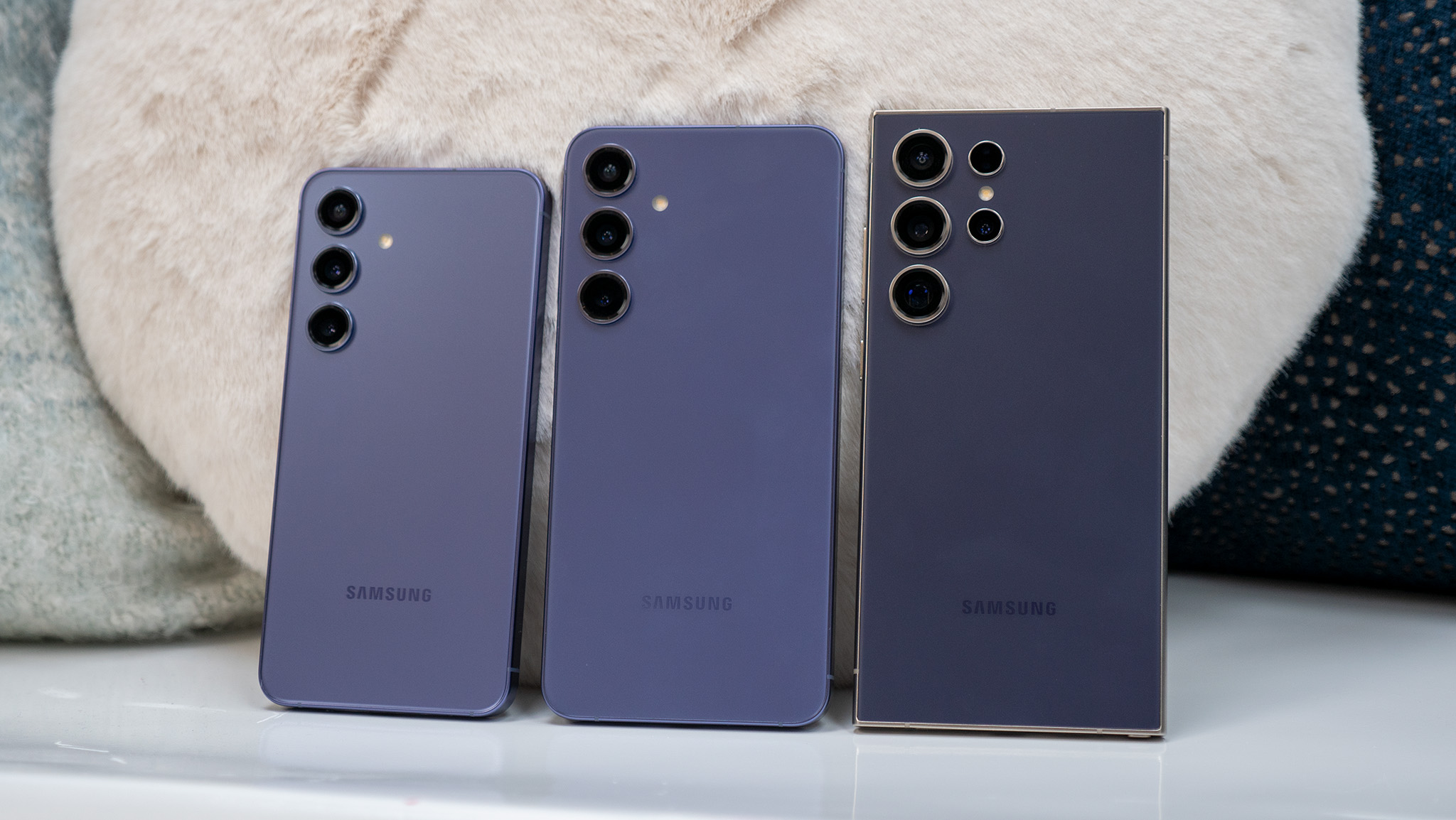In 2021, prepaid carriers need to offer more besides the basics
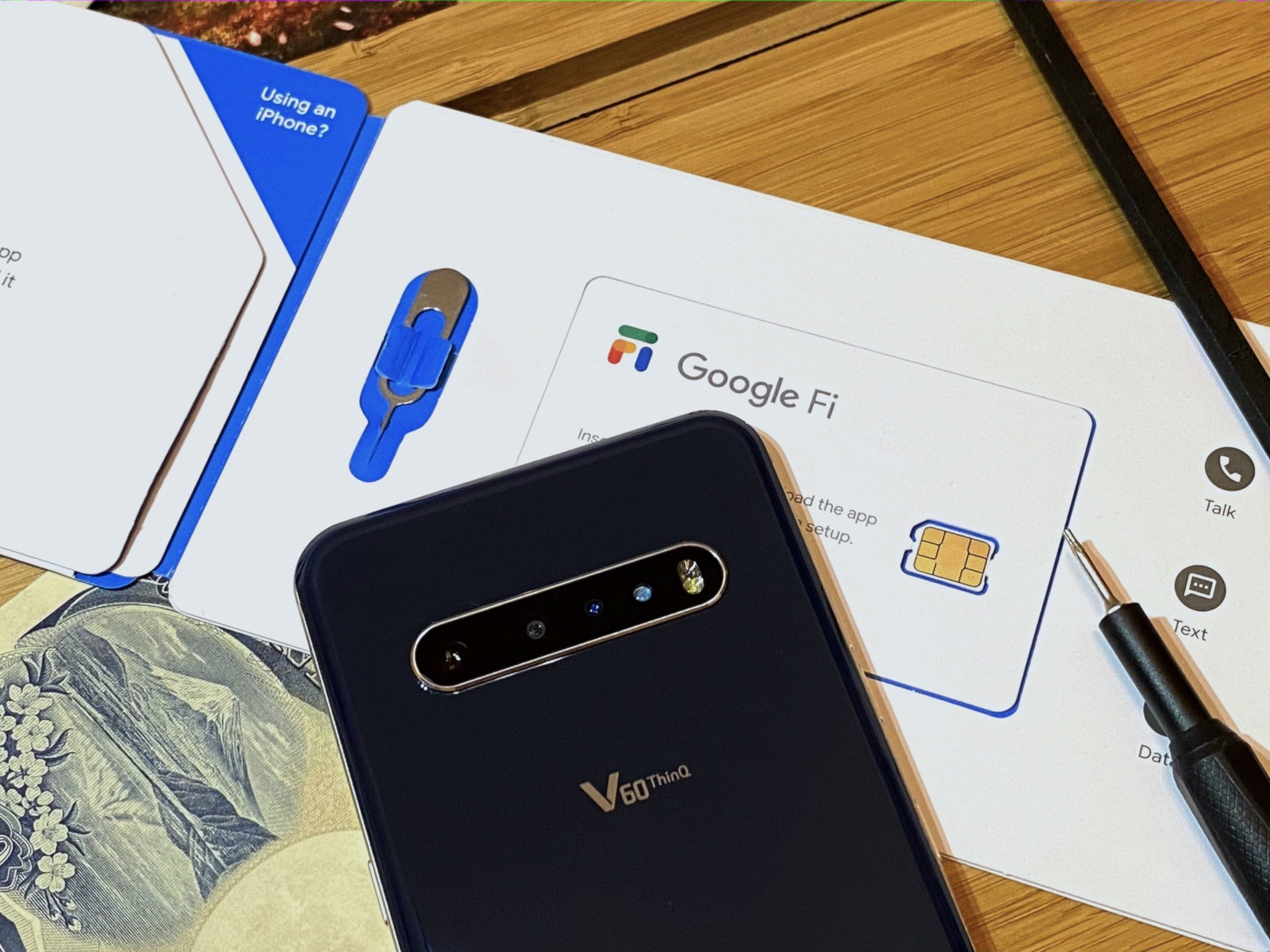
Talk, text, and data are the core features of a phone plan, but now that coverage has reached equilibrium for many people, prepaid carriers need to offer more than the basics. Carriers are beginning to differentiate themselves on the extras they pack in with their plans, such as subscriptions to streaming services or offering services like scam call blocking.
Some of the best values in wireless right now like Mint Mobile and Visible stick to the basics, but with more carriers offering similar levels of service for around the same price, these simple carriers are looking increasingly interchangeable. For a prepaid carrier to stand out in 2021, it's going to need to offer a more complete package to stand out. Each of the best MVNO carriers have something to help it stand out.
What are the basics in 2020?
Unlimited talk and text is a no brainer and with carriers like Ting offering it for $10 per month, it's hard to justify anything less.
I expect every carrier to come with a few basics. Unlimited talk and text is a no brainer and with carriers like Ting offering it for $10 per month, it's hard to justify anything less.
These days, people could get by on a small number of minutes and texts thanks to these activities taking place more and more on a data connection. For example, any message you send through a messenger like WhatsApp, Telegram, Line, Facebook Messenger, or Discord uses data to send the message. Same with calls made through these services.
There's no benefit to frustrating customers by asking them to count texts or minutes every month. There are still some carriers that offer service with a limited number of texts or minutes, but they only serve to show how bad of a value they are.
Finally, every plan carrier should offer fast enough speeds to use a smartphone without issue. Some carriers like Cricket and US Mobile put a speed cap on some of their plans. US Mobile's 5 Mbps speed cap on its base unlimited plan feels quite old fashioned. If you're unaffected by the speed cap, you probably didn't need unlimited data in the first place. Comparatively, US Mobile's rates are still very good even when you add $5 for data at modern speeds. I struggle to find a positive for customers in a 5 Mbps, uncapped data plan.
Get more from your plan
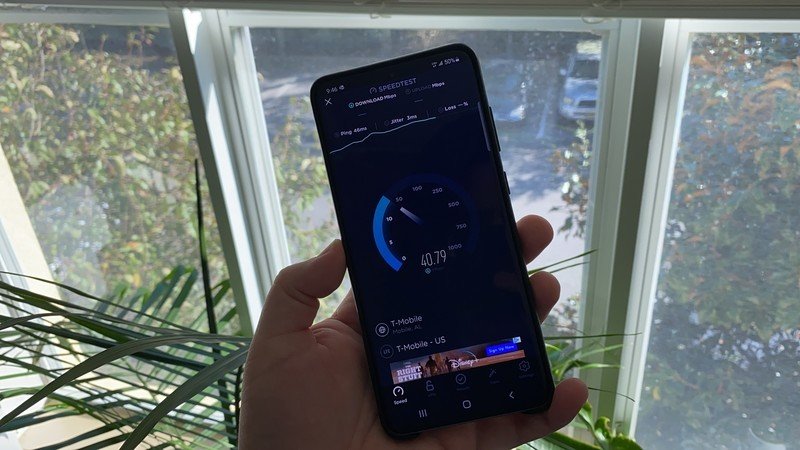
Unlimited 2G data is one of the nicest things to normalize in the last couple of years. That is, once you've used all of your data, your connection still works at a speed that can send basic messages and emails. Almost all plans labeled as unlimited come with some sort of cap regardless of the carrier, though most of the time it's well above the threshold that would affect most people. Overages are a major hassle and if you're trying to save money on a phone plan, having a surprise charge on your bill can be a real drag.
Be an expert in 5 minutes
Get the latest news from Android Central, your trusted companion in the world of Android
5G shouldn't be a premium feature, especially when you've already paid for a compatible phone.
Another thing all prepaid carriers should be jumping on is 5G at no extra cost, especially sub-6 5G. Most carriers are on board with this, including Visible and Metro by T-Mobile, but some AT&T options do not. Notably, AT&T-owned brand Cricket only offers 5G on one of its phone plans. Arguably, 5G doesn't matter much with Cricket's slow data speeds on all but its top plan, but that also shuts customers out of potential coverage improvements with 5G. 5G shouldn't be a premium feature, especially when you've already paid for a compatible phone.
Another consideration is hotspot data. With people relying on tablets and Chromebooks to get work done, it makes sense to let customers use their mobile data any way they want. A lot of carriers offer hotspot data in either a lower speed simply shared with the mobile data pool, so it's a much smaller issue than it once was. This makes it very hard to recommend a carrier with no hotspot capability at all.
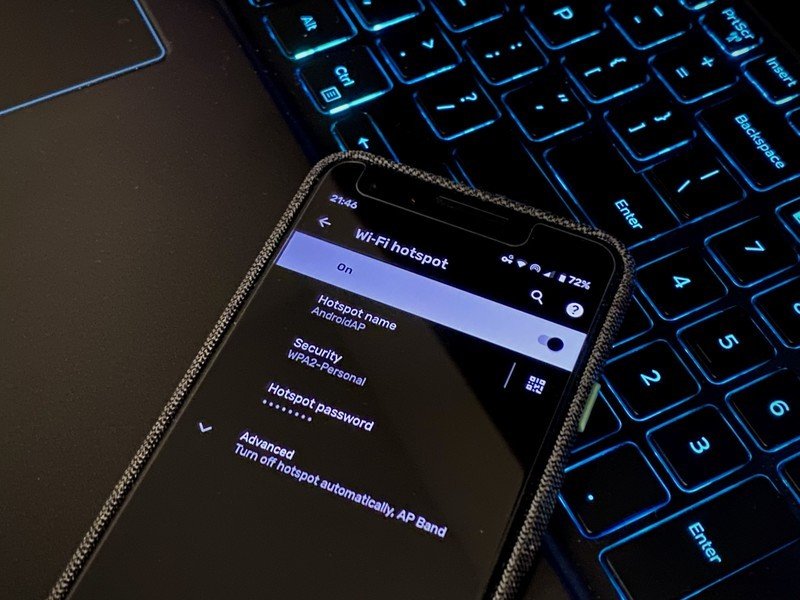
Finally, many people want to be able to use their phones internationally. Boost Mobile and Google Fi have made international service some of their biggest selling points. It's a nice way to stand out and if I'm asked to recommend a carrier for someone that travels out of the country a lot, there's no better choice than Google Fi even with its higher price than competitors. If you need to go to Mexico, Boost Mobile has some of the best rates on data in Mexico.
Subscriptions and software extras
So far, all of these features have been fairly standard and most carriers will offer them as upgrades or add ons if they're not included with the base plan. One aspect of phone plans that has been growing rapidly is the inclusion of extra services that you would typically pay for separately. While this is surely aimed at increasing your reliance on the brand and making it slightly more inconvenient to switch carriers, many people can score some solid deals on services they use.
One of the most interesting examples is US Mobile. While US Mobile is mostly known for simple plans that can be customized, it has started offering unlimited family plans with up to four lines. If you have at least three lines on your plan, you get to choose one perk which includes most of the major options for music or video streaming, as well as access to online gaming services like PlayStation Plus and Xbox Live. Most of these subscriptions cost around $10 per month.
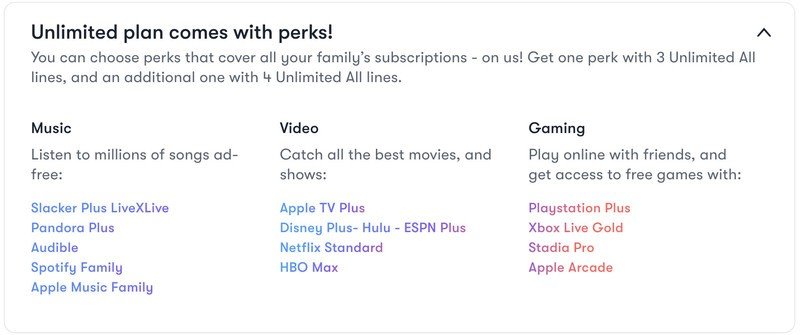
It's not as if US Mobile's plans are any more expensive than competitors either. If you need four lines of unlimited data and typically pay for one of the services US Mobile offers, it's a solid value. If you're fine dropping high-speed data and hotspot from some of the lines, it's a great value. Grandma's phone, for example, is probably fine with the 5 Mbps speed cap.
Google Fi includes 100GB of Google One cloud backup. While this isn't a huge expense, it is a nice inclusion if you want to keep full-resolution photos backed up or just need quick access to large files across devices. Sometimes it's also nice for travelers to be able to factory reset their phones for a trip across the border knowing data can be restored later with an internet connection. It makes sense for a carrier with an international roaming focus.
Metro by T-Mobile also includes the same Google One package with its unlimited plans. Metro also adds an Amazon Prime membership to its larger plan which ticks a lot of boxes for streaming and shopping needs. Metro by T-Mobile also brings one of T-Mobile's great features down to the prepaid brand, Scam Shield. If you're getting a lot of scam calls on your phone, Scam Shield can work wonders.
Get the right fit
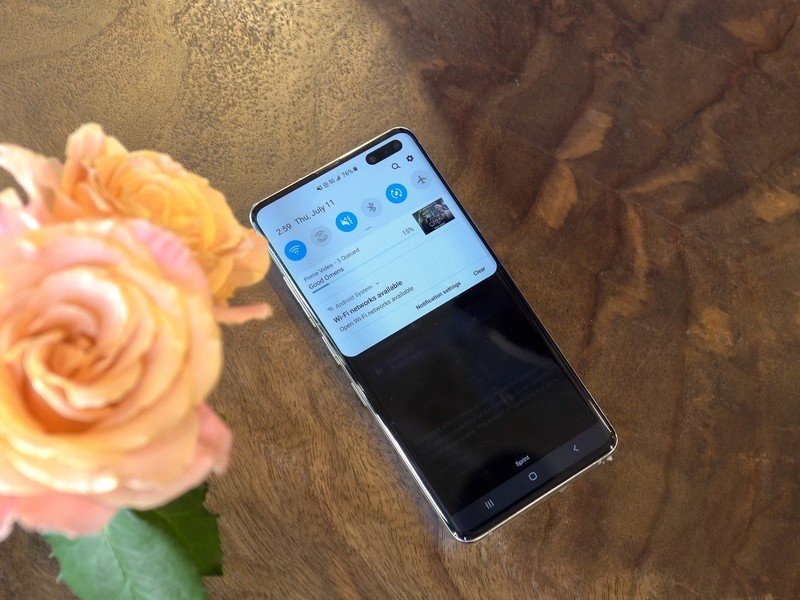
You can get every one of these extra features individually, and if you're clever, you can probably get it cheaper. There will always be a need for a basic carrier with talk, text, and data for a reasonable price and there's nothing stopping a carrier from offering this option. The problem is that for most people, a prepaid carrier can be drawn from a hat and there will be little difference in the quality of service. To differentiate themselves, they need to offer more of the complete package that people have come to expect.
Prepaid carriers aren't just a budget option anymore for those with low credit scores. Prepaid carriers have become real options for even heavy users that need consistent coverage and fast speeds from their phones. The carriers that can significantly differentiate themselves from the major postpaid carriers or old-school phone card brands like Google Fi or US Mobile make a lot of sense for many people. It's also fairly easy to switch from one of the major carriers and you can even bring your phone and number in many cases.
Still, I'm glad there are so many options available and if you're willing to put in some research, you can find the perfect fit for you. For me, I just want a ton of high-speed data and coverage that's good enough to forget about.
When Samuel is not writing about networking or 5G at Android Central, he spends most of his time researching computer components and obsessing over what CPU goes into the ultimate Windows 98 computer. It's the Pentium 3.

